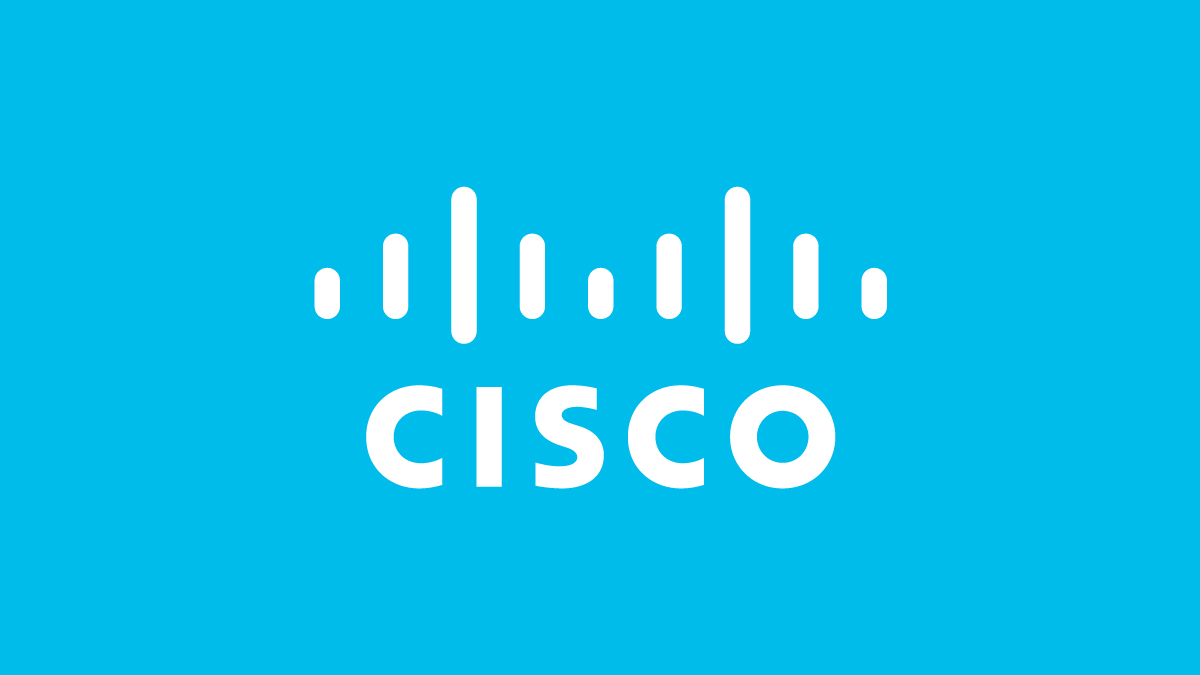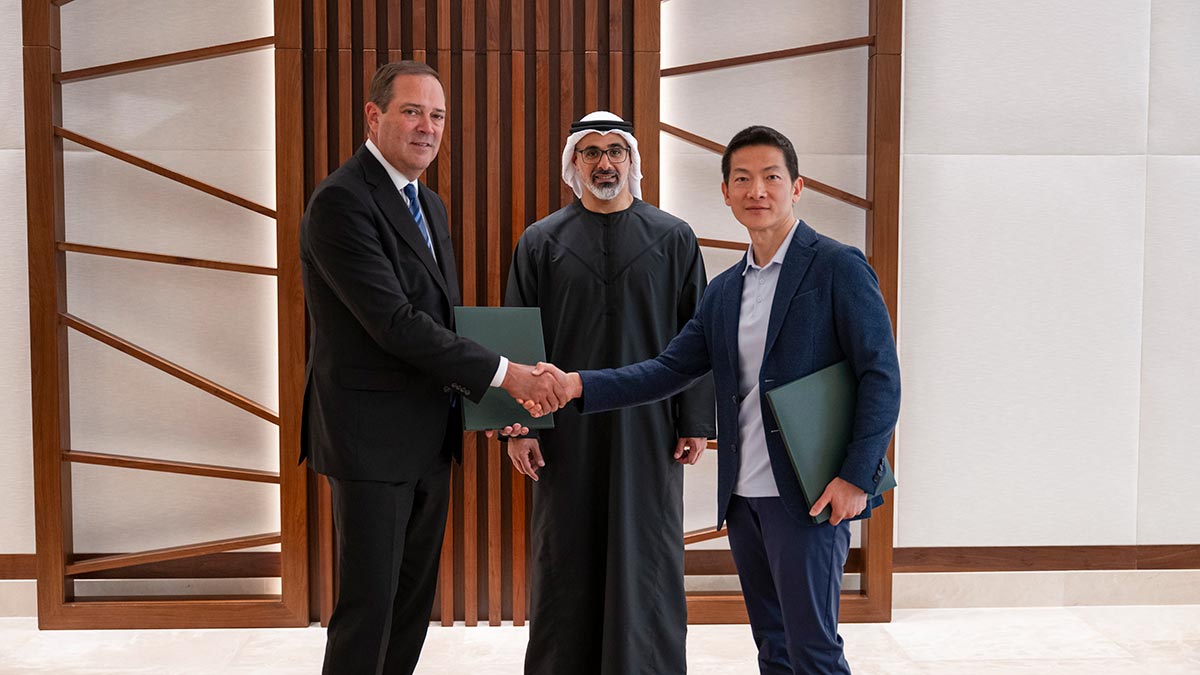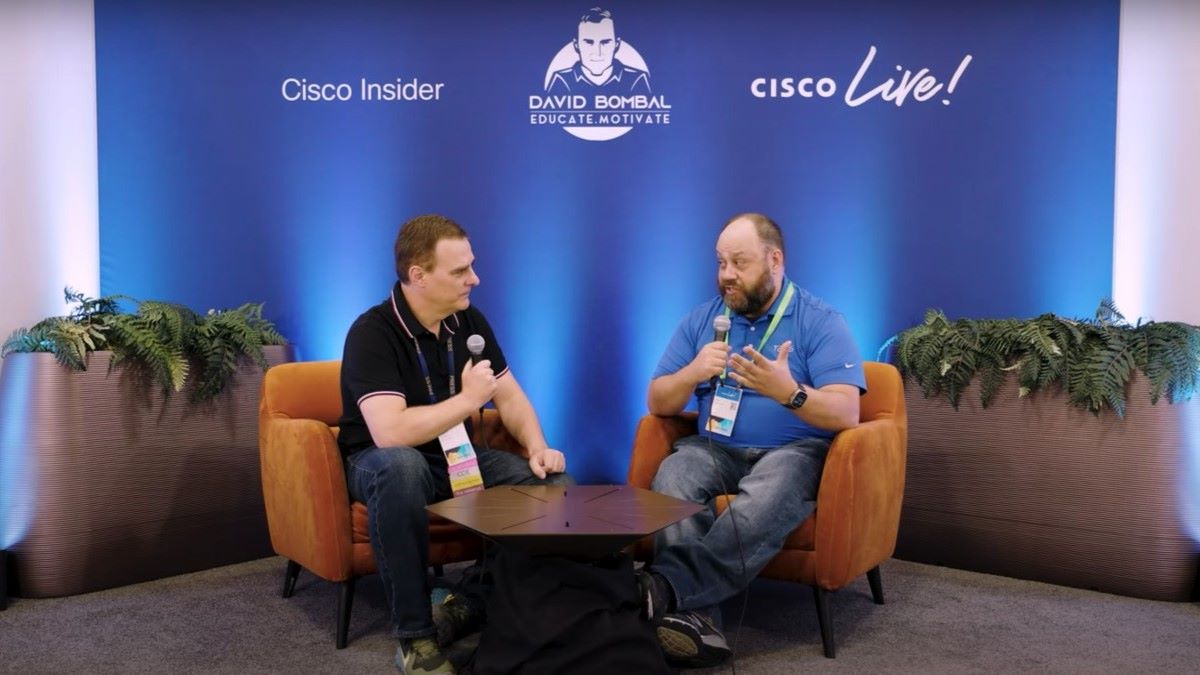LONDON, England, September 28, 2005 - SignVideo (part of Significan't), Britain's only Video Contact Centre for deaf people has launched a specialist video service offering deaf people immediate access to highly qualified sign language interpreters to communicate with their local authorities and other public sector organisations. The contact centre has been developed using a converged voice and data network, based on Cisco's CallManager Video Telephony and Internet Protocol (IP) Contact Centre (IPCC) technology.
The service overcomes the cost and convenience barriers that currently prevent sign language users from dealing with simple issues, such as applying for a parking permit or making a complaint about late collection of rubbish. Users simply connect to the contact centre from a local authority site, using an IP video terminal and gain access to an interpreter, equipped with a Cisco IP Phone and PC with VT Advantage camera, through which they can communicate with council officials. The service also opens up job opportunities for deaf people by enabling them to pursue training and education, and to collaborate with local job centres or careers services.
By deploying a converged voice, video and data network, Significan't cost effectively manages its services from a common communications infrastructure rather than from separate voice, data and video ISDN networks. "The contact centre interpreters are able to work from the SignVideo contact centre and also log in remotely to work from their own homes, which allows for the service of these interpreters to be much cheaper than they are at the moment and easier to access," says Jeff McWhinney, director of Significan't.
With less than 200 qualified British Sign Language interpreters on the nationally approved register, the UK's 70,000 deaf sign language users can wait up to two weeks for an interpreter, who charge for a minimum period of three hours at between £90-£150 per session, plus expenses. The SignVideo contact centre at the minimum (20 minutes) is charging organisations much less - from a rate that is only a seventh of the costs! Significan't, working together with the Greater London Authority and London Connects, received a £500,000 grant from the Office of the Deputy Prime Minister (ODPM) to fund the IP infrastructure set-up, pilot it with London boroughs and cover the first year's running costs of the SignVideo contact centre.
The SignVideo service is the first of its kind within the UK that allows agents to transfer video calls from one agent to another. This ability is crucial since each country has its own form of sign language - (varying even in a number of English speaking countries) - and interpreters that can sign lesser-known languages are extremely scarce. Cisco IPCC utilises skills-based routing technology to make sure that customers are routed to the most appropriate agent.
David Critchley, director public sector, Cisco Systems UK, said: "This exciting announcement highlights the evolution of the remote conferencing industry - from the 'talking heads' of the '80's (costing thousands of pounds per hour) to the easy-to-use, rich media collaborative environment now available costing pence per minute. Using video contact centres for responding to the needs of deaf people in real-time is the perfect use of rich media IP communications - and also highlights that for those not hard of hearing, 60 percent of communication is non-verbal, so by converging voice, video, and data into a single network, video contact centres can vastly improve customer care capabilities, increases productivity, and enhance agility."
The SignVideo Contact Centre has successfully trialled to the 12,000 BSL users in London and is being be rolled out nationwide in the coming year and across many other organisations - from commercial companies with deaf employees to doctors' surgeries to banks and shops. Significan't's McWhinney said: "This is a landmark in the history of the development of access in their own first language for deaf people. We have already received a number of enquiries from private sector organisations wishing to meet their obligations under the Disability Discrimination Act, and we believe this application will progressively become more relevant to a wider audience." Figures from a similar venture in the US suggest the service will be well received. After its first year in operation the US video relay services recorded 7,000 minutes of video call time per month. By the end of its third year, it was booking 4 million minutes every month.





